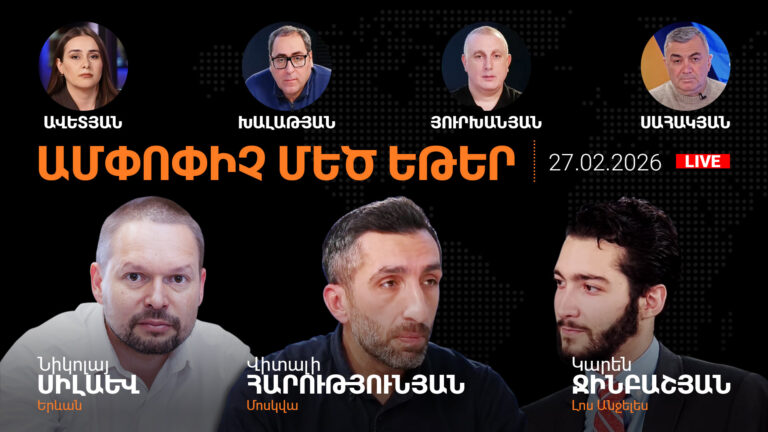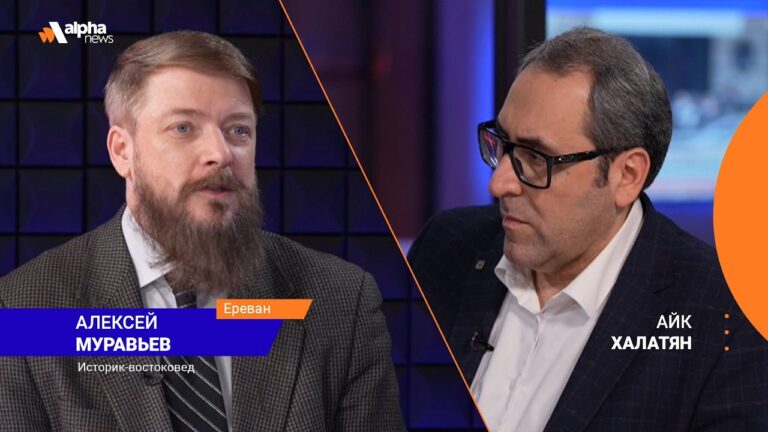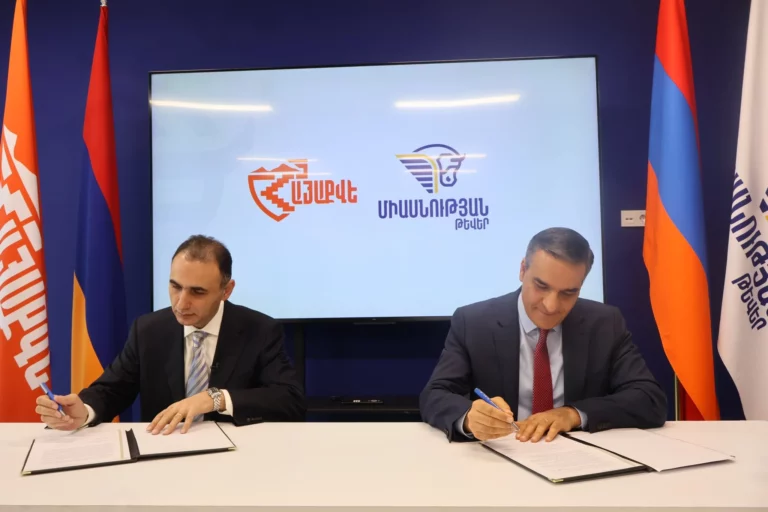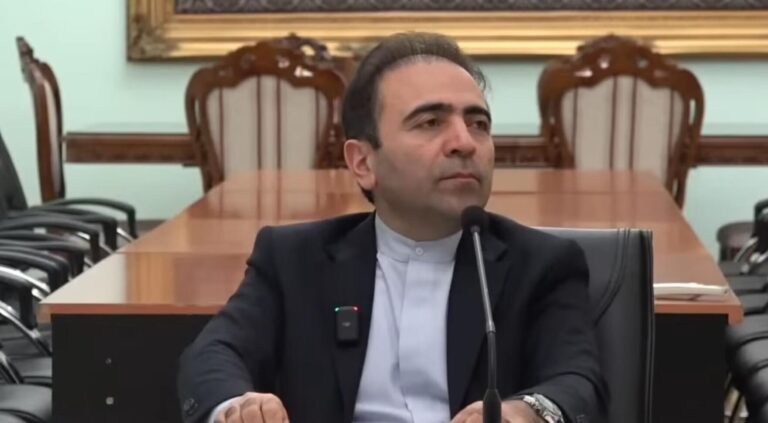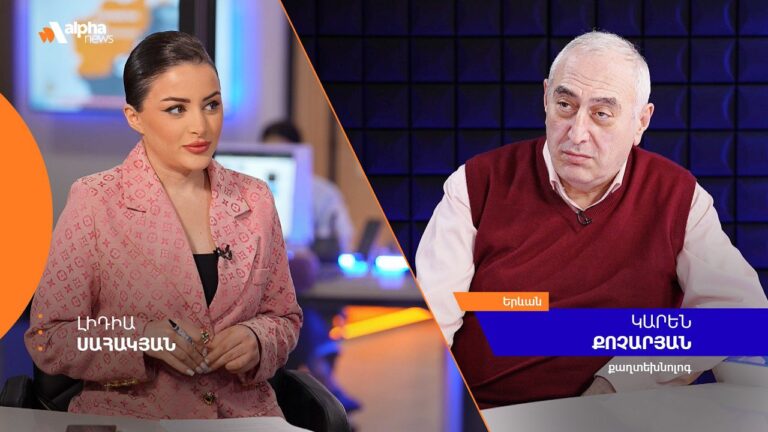Birds of a feather flock together: Saakashvili’s letter to Pashinyan
October 18 2023, 23:00
Judging by the signals that have been coming from the West lately, even the extremely anti-Russian speech by Nikol Pashinyan in the European Parliament and a number of political steps aimed at sabotaging relations with Russia do not convince the West of the sincerity of Pashinyan’s aspirations to “sign a peace treaty with Azerbaijan on the Western negotiating platform.”
This is why one of the “mouthpieces of the Democratic Party of the USA”, Politico, published an article in which, referring to the words allegedly said by US Secretary of State Antony Blinken, it is said about the possible imminent attack of Azerbaijan on Armenia. This is why former Georgian President Mikhail Saakashvili addressed an open letter to Nikol Pashinyan.
The letter highlights two main thoughts:
1. Immediately sign the peace treaty with Azerbaijan. It was clear from the context that this should be done on the Western negotiating platform.
2. No matter how Pashinyan appeased Putin, he not only did not forgive him, but he will not forgive him. Which means that even if Pashinyan goes to sign a peace treaty in Moscow and gives control over the opening communications to Russia, Putin will not forgive Pashinyan for coming to power in a revolutionary way.
The publication in Politico and Saakashvili’s open letter are, though subtle, quite obvious diplomatic blackmail. On the one hand, Pashinyan is warned about the consequences of signing the treaty in Moscow; on the other hand, they make it clear that Russia will not personally give him security guarantees since “Putin will not forgive Pashinyan.”
Moreover, it should not be surprising if, soon after the “Italian dogs” who found “tons of cocaine intended for shipment to Armenia” before the meeting of the Foreign Ministers of Armenia, Azerbaijan and Russia in Moscow, some “other dogs” in some other country will find more “some” contraband intended for shipment to Armenia. Such is today’s world politics; although it has always been like this, it is another matter that we find ourselves in the epicenter of a geopolitical clash, with all that this entails.
In general, it should be said that over the past one and a half to two months, Nikol Pashinyan has managed to get a kind of “anti-Russian geopolitical combo”: Nikol Pashinyan’s wife not only visited Ukraine but also visited Bucha and handed over dual-use humanitarian aid (smartphones and laptops can be used both as part of the educational process and on the front lines), the National Assembly of Armenia ratified the Rome Statute, Pashinyan himself declined to attend the CIS summit, then he accused Russia of trying to change a power in Armenia by Azerbaijan’s military invasion, and today Saakashvili writes an open letter to Pashinyan, and the Russian state media writes that “Pashinyan is following the path of Vladimir Zelensky.” To complete the picture, it remains only to organize the visit of Vladimir Zelensky’s wife, Olena Zelenska, to Armenia.
The main problem in this situation is not even Pashinyan’s desire to change the foreign policy of Armenia, but that no one is waiting for Armenia in the place he wants to go. The collective West does not want—or cannot, which is actually the same thing—to guarantee the territorial integrity of Armenia and pushes the country to form a regional military-political alliance with Turkiye and Azerbaijan. Louis Bono, senior adviser to the US State Department, spoke about this back in May 2023. He said, “Baku and Yerevan should be able to ensure collective security in the region.”
The same model of cooperation offered by Turkiye and Azerbaijan and the peace treaty with Baku, which Saakashvili calls for signing, will result in a document that will put an end to the statehood of the Republic of Armenia, since the said treaty will have absolutely no mechanisms that would allow Armenia to abandon the current model of legitimizing its own borders and get a new model tied to one or another Western military-political structure.
And even the most devoted supporter of Nikol Pashinyan will not be able to even hope that “European observers” will guarantee the security and territorial integrity of Armenia. Pashinyan fell into a “geopolitical trap”, which he set himself.

